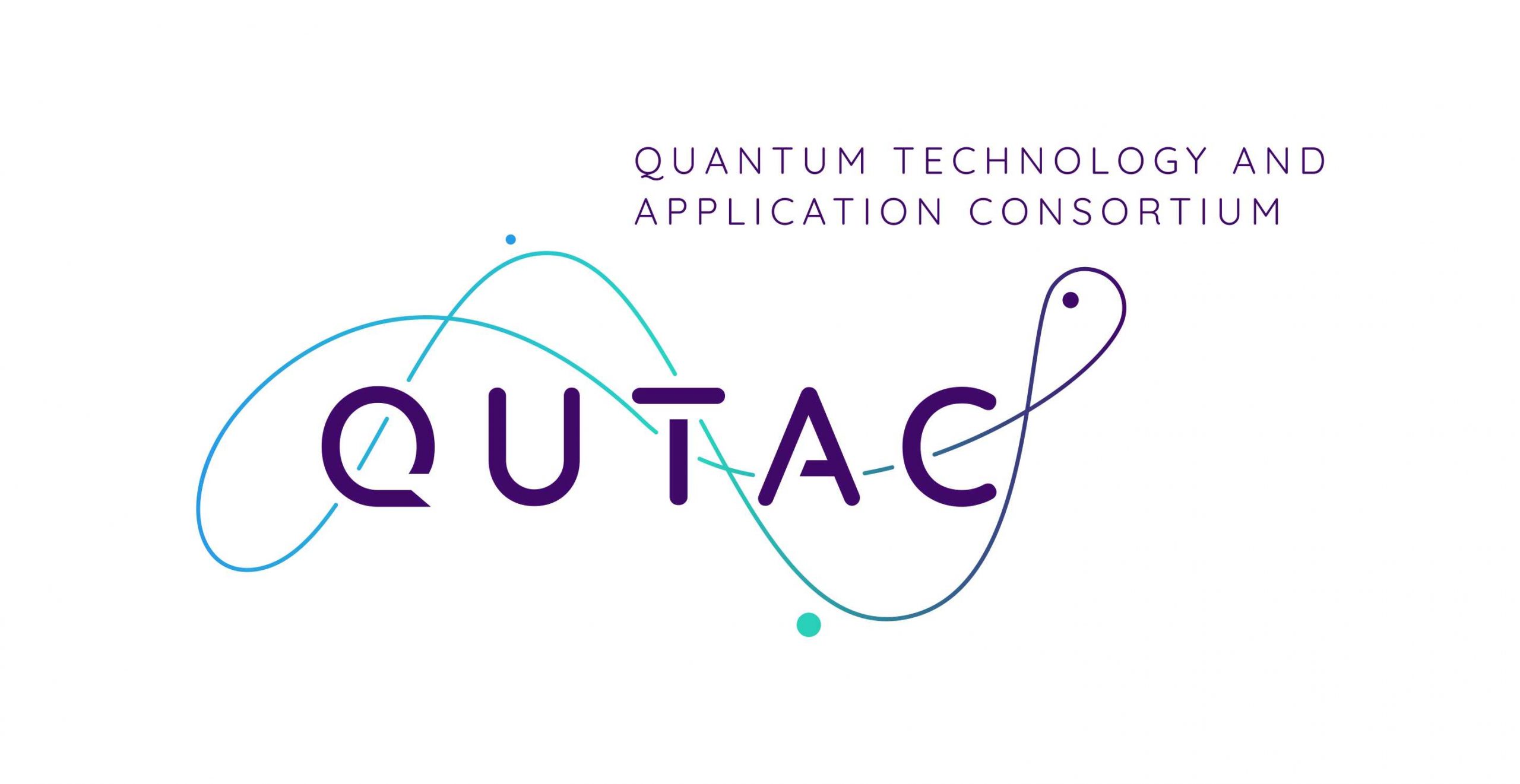As we, as a species, strive to gain access to more tech than ever, to either save the planet or make our lives easier, many scientists are looking for new ways of doing their work. Quantum technology could help out in the future but, in order for that to happen, it needs support from leading companies today. BMW recognized the potential in this field and decided to join forces with nine other German corporations, to create the Quantum Technology and Application Consortium (QUTAC).
The goal of this new consortium is to further develop the existing fundamentals of quantum computing into usable industrial applications, according to BMW. “Quantum computing is one of the most promising future technologies and can revolutionize application fields from materials research to automated driving. Germany and Europe need a strong quantum computing ecosystem to be at the cutting edge of technology and remain globally competitive. With QUTAC, we are laying the foundation for a successful ecosystem that will allow us to make the most of the great potential of quantum computing,” said Oliver Zipse, Chairman of the Board of Management of BMW AG.
At the time of its founding, the consortium includes BASF, BMW Group, Boehringer Ingelheim, Bosch, Infineon, Merck, Munich Re, SAP, Siemens, and Volkswagen. The participating companies consider an economically strong and resilient quantum computing ecosystem in Germany and Europe to be crucial to promote successful industrialization and digital sovereignty in this field. QUTAC’s vision is to drive such a quantum computing ecosystem.
The consortium promotes applications for the commercial use of this technology that are needed in the member companies. In doing so, they create industrial demand: The membership includes a broad cross-section of the German economy – thus the applications that are identified, developed, and tested within the consortium are trendsetting for entire industries. The current circle of ten members allows for a pragmatic exchange and rapid decision-making in order to develop practical solutions in the short and medium term.
The results are intended to benefit all participants in the ecosystem. In its position paper, QUTAC sets specific steps: First, the need for quantum computing in the German economy is to be identified in order to create the basis for a cross-industry application portfolio. Currently, possible applications are being identified and their potential for industrial implementation is being evaluated.


















































